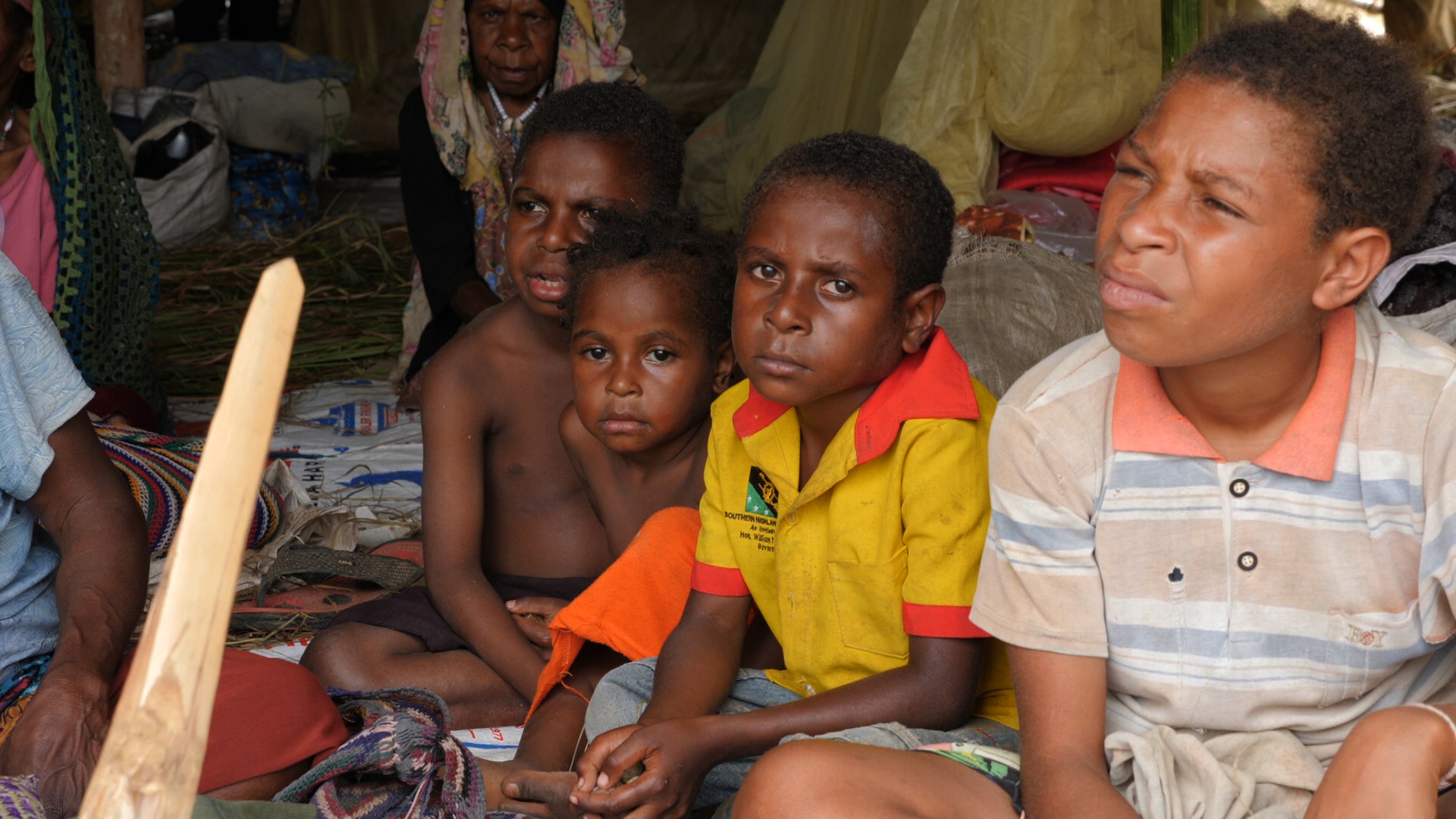By Jack Lapauve Jr – EMTV News, Port Moresby
UNICEF and the World Health Organization (WHO) have warned of the high potential of waterborne and vaccine-preventable disease outbreaks in earthquake-affected areas of Papua New Guinea. UNICEF says major concerns include diarrhea because of poor sanitation and personal hygiene management. UNICEF also urged emergency response authorities to restore basic health services such as immunization in affected earthquake communities.
UNICEF PNG Representative, Karen Allen, says children will be most affected given the current situation. UNICEF and WHO are also stepping up the effort to improve water and sanitation system and carry out best hygiene practices in affected areas. In addition, basic medical supplies and essential medicines for maternal and newborn health will be provided to ensure pregnant women and newborns have medical support for pregnancy related care.
Just a few days after the earthquake, UNICEF has distributed vaccines to the affected communities to protect some 31,700 children against measles and rubella, pertussis, pneumonia and tuberculosis. In the Southern Highlands province, the Provincial Health Authority (PHA) with support from WHO sent nine mobile teams by helicopter to vaccinate children in remote settlements referred to as ‘care centers’.
Hygiene kits and water purification tablets have been distributed to affected communities, while emergency pit latrines and rain water collection tanks are being built. At temporary shelters and child-friendly spaces, children also learn to protect themselves through hygiene-promotion activities.


